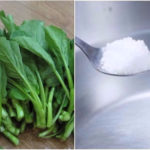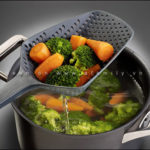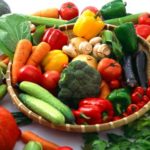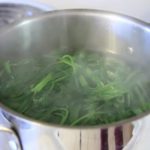There are many habits in food processing that need to be adjusted as they can reduce the taste of the food and pose risks to health. Let’s explore these habits with Bách hoá!
1 Frying Smoked Meat with Cooking Oil
To maximize the nutrients in the meat, it is recommended to add a little water to the pan when frying. It is important to fry over low heat to ensure even cooking of the meat.
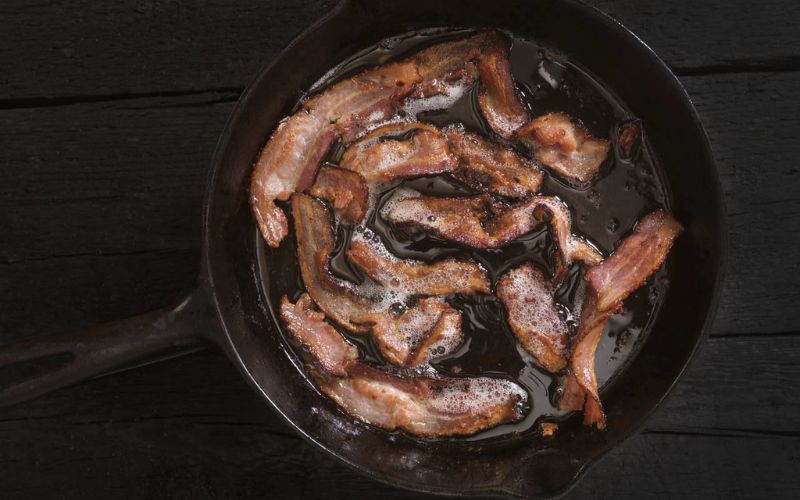 Frying smoked meat with cooking oil
Frying smoked meat with cooking oil
2 Boiling Vegetables for Too Long
Boiling vegetables for too long can result in the loss of important nutrients. Boiling over high heat helps retain the nutrients in the vegetables. Additionally, adding a teaspoon of baking soda when boiling can help preserve the green color of the vegetables and reduce nutrient loss.
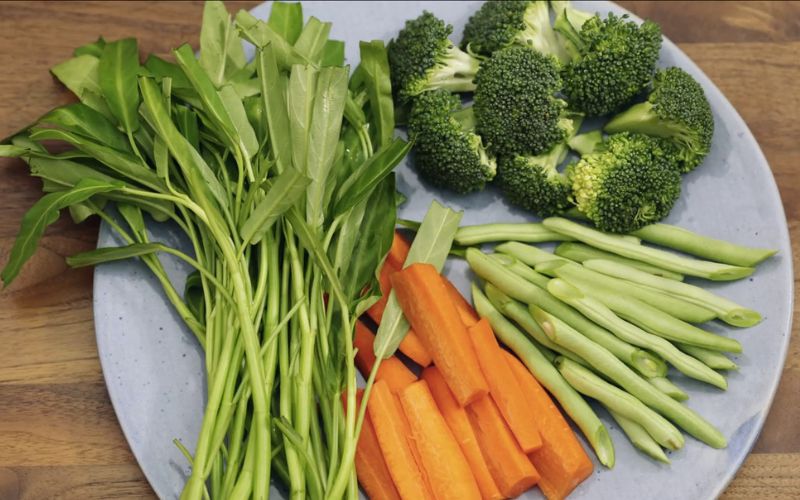 Boiling vegetables for too long
Boiling vegetables for too long
3 Grilling Potatoes with Aluminum Foil
Grilling potatoes on aluminum foil is a common mistake. Instead, you can heat the oven to 220 degrees C and sprinkle salt on the outside of the potato skin. Grill the potatoes with salt for about 1 hour, flipping them halfway through to achieve a crispy skin and tender interior.
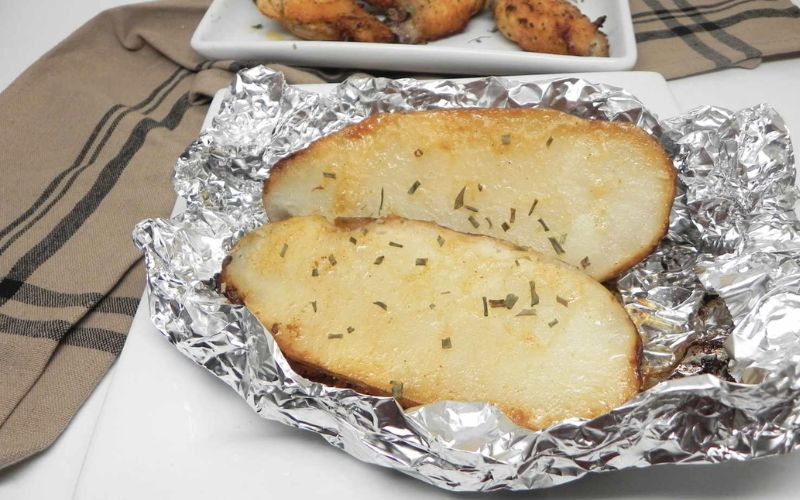 Grilling potatoes with aluminum foil
Grilling potatoes with aluminum foil
4 Overcooking Boiled Eggs
When boiling eggs, it’s important to consider the desired level of doneness. Soft-boiled eggs should be boiled for about 6 minutes, medium-boiled for about 8 minutes, and hard-boiled for about 12 minutes. Overcooking the eggs can affect their taste and nutritional value.
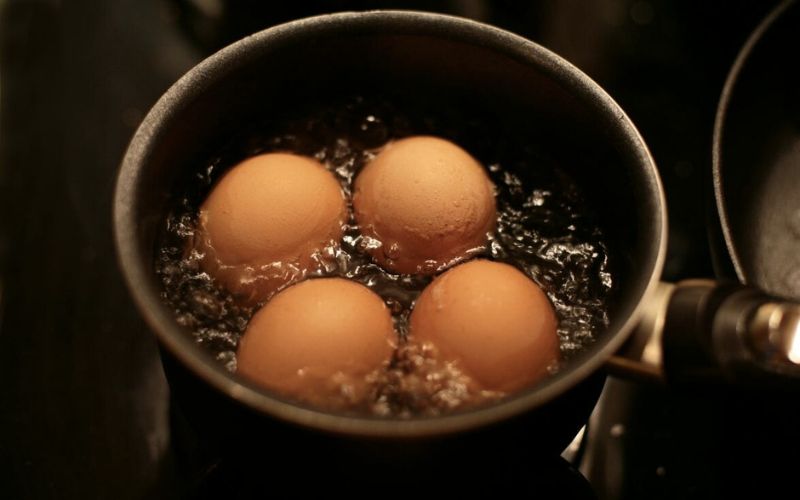 Overcooking boiled eggs
Overcooking boiled eggs
5 Not Using Salt When Marinating Chicken Breasts
Proper seasoning and marinating are essential for flavorful chicken breasts. It’s important to understand the cooking time, temperature, and season the meat with various spices according to the dish. Combining salt with chicken breasts can create a delicious taste.
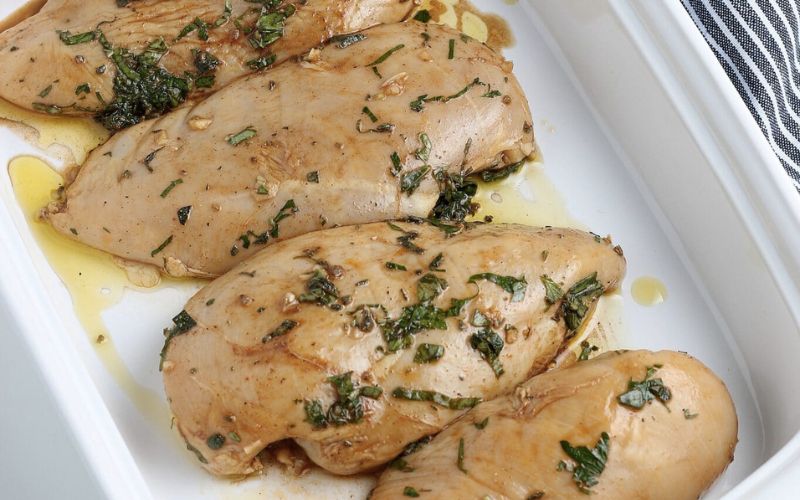 Not using salt when marinating chicken breasts
Not using salt when marinating chicken breasts
6 Re-Freezing Thawed Food
It is not recommended to re-freeze thawed food as it can promote bacterial growth and affect the quality of the food. This can lead to food poisoning if consumed again.
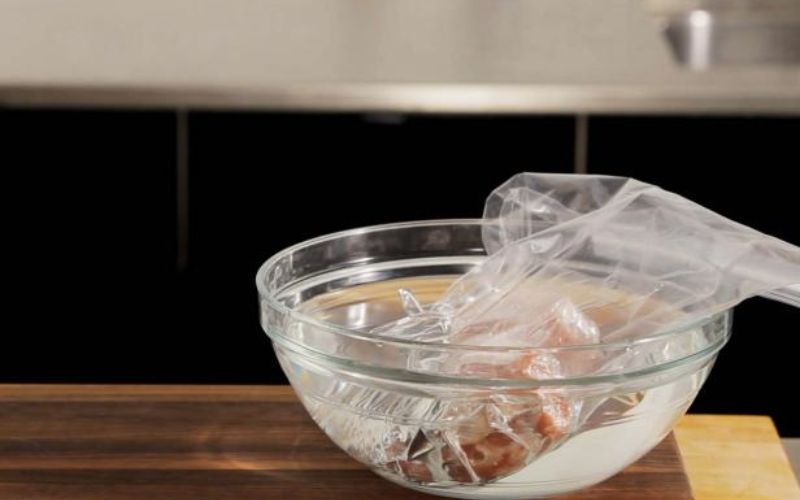 Re-freezing thawed food
Re-freezing thawed food
7 Using Herbs as Seasonings
Herbs like basil, mint, and coriander can add an attractive aroma to dishes when used as seasonings. However, it’s important to note that fresh herbs may lose their aroma when cooked. It’s best to use them as garnish after finishing the dish.
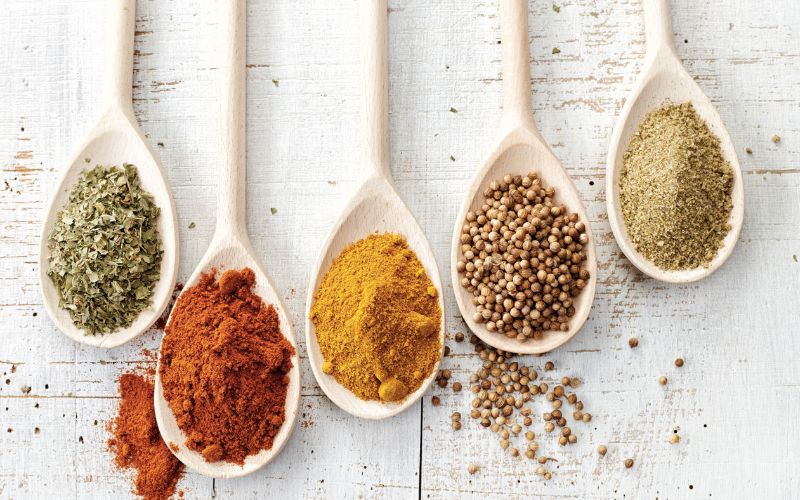 Using herbs as seasonings
Using herbs as seasonings
8 Using Olive Oil at High Heat
Olive oil has a low heat resistance and can turn into toxic substances when cooked at high heat. It is best to use olive oil for dressing cooked dishes or mixing with salads to enhance the flavor and nutritional value.
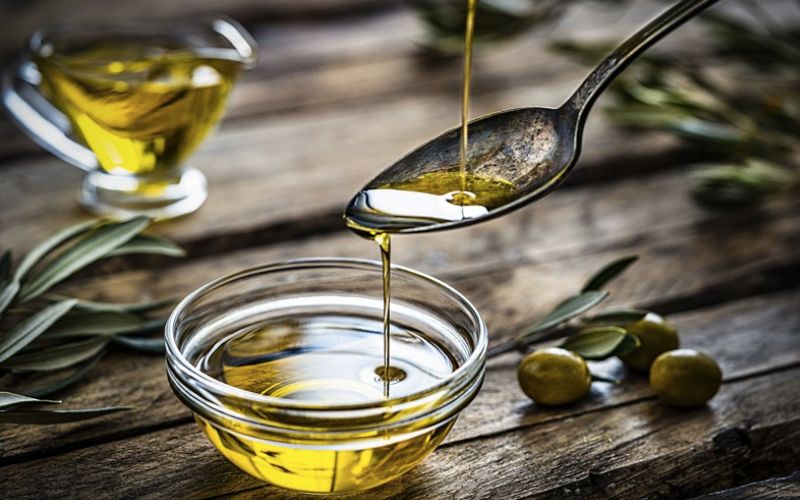 Using olive oil at high heat
Using olive oil at high heat
9 Overcooking Steak
To achieve a perfect steak, it’s important to choose the right cut of meat, use the necessary spices, and consider the desired level of doneness. Overcooking the steak can result in a dry and less flavorful dish.
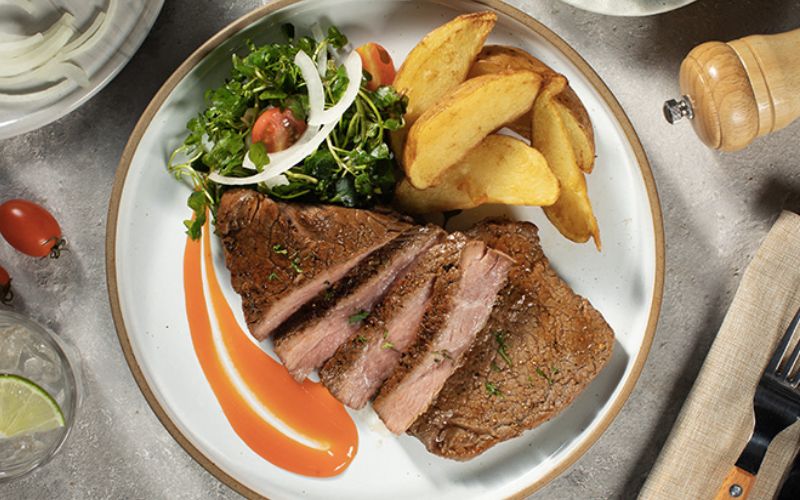 Overcooking steak
Overcooking steak
10 Adding Garlic to Hot Oil
Adding minced garlic to hot oil can result in a bitter and spicy taste when cooked. It is recommended to add garlic to warm oil to bring out its fragrance and crispiness.
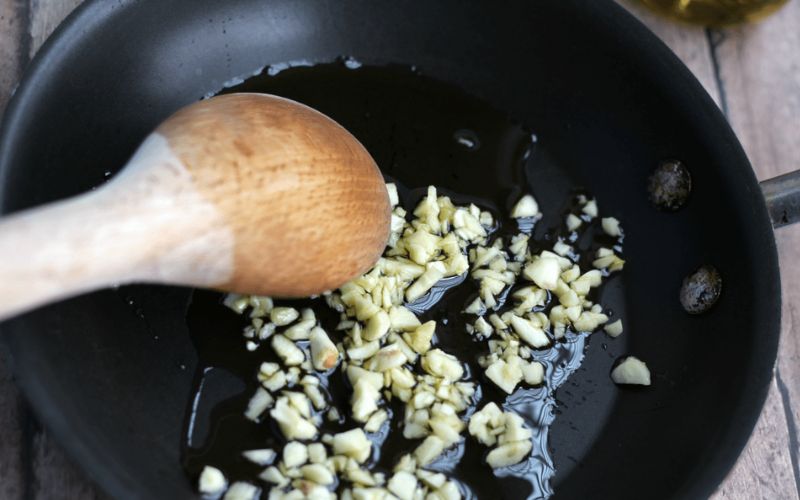 Adding garlic to hot oil
Adding garlic to hot oil
These are 10 common habits of food processing that many people make. It’s important to take note and adjust cooking habits properly to create attractive meals for your family. Thank you for following!


























